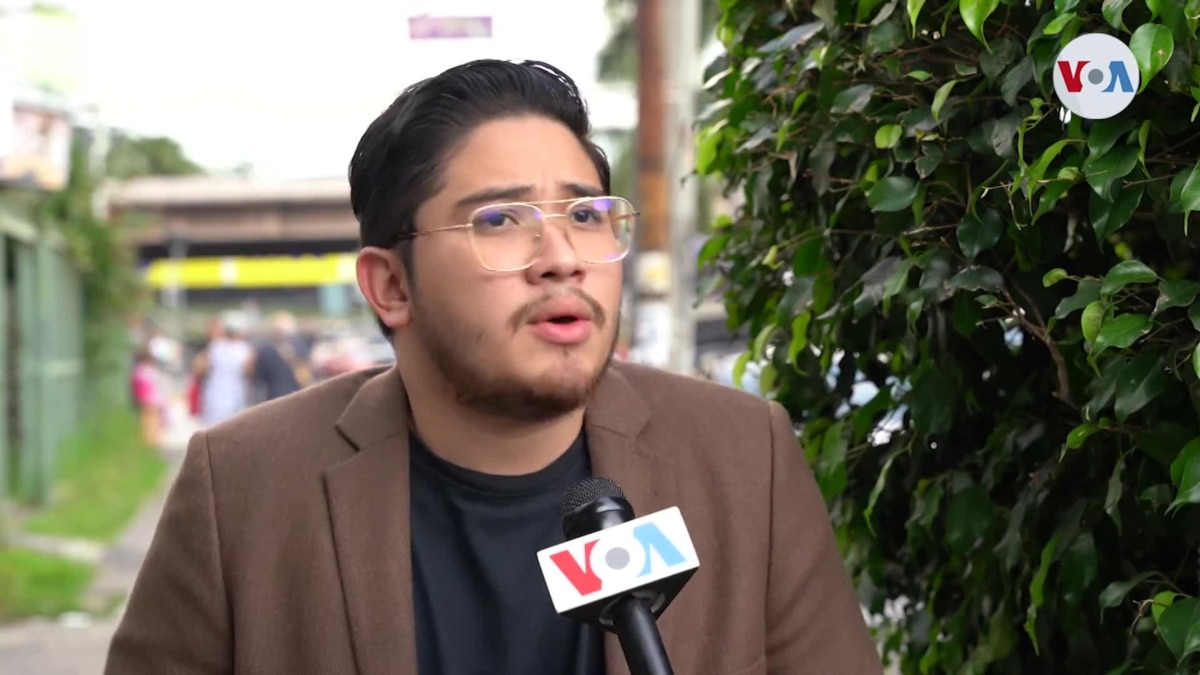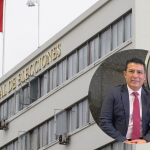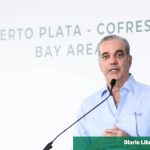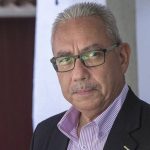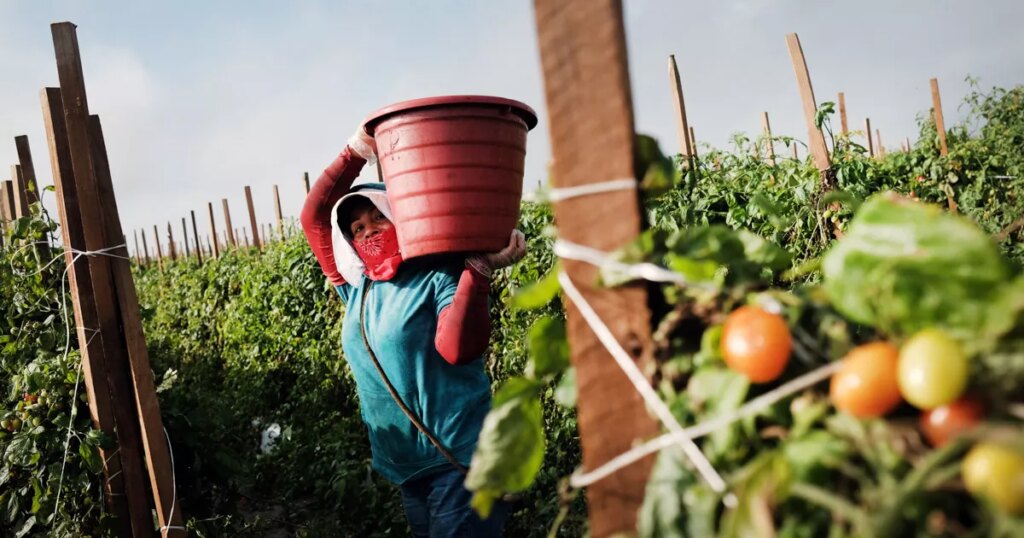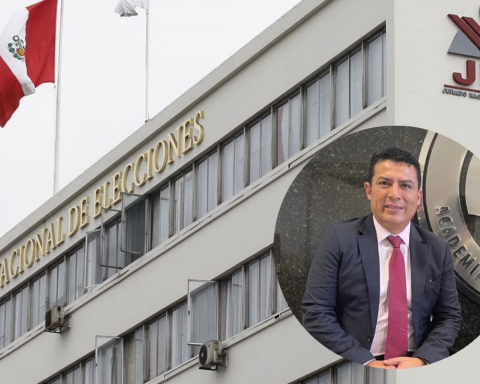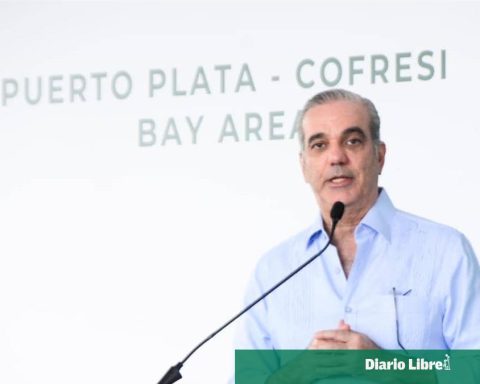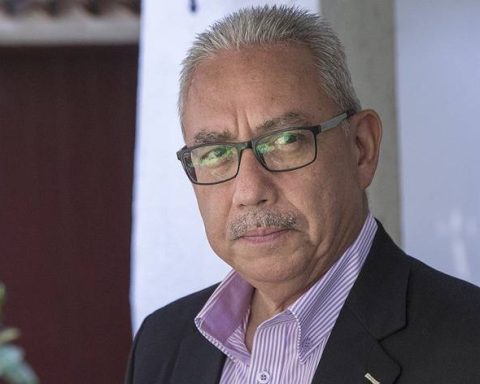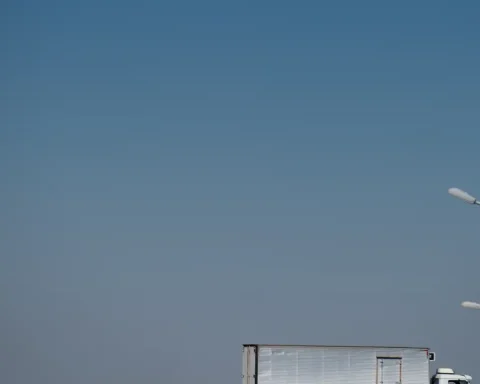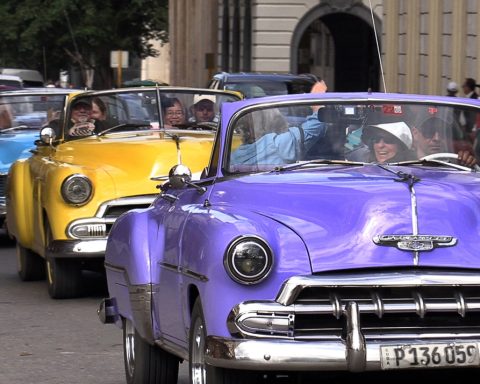Show more
show less
More than 3 million Nicaraguans are called to the municipal elections this Sunday, November 6. 153 mayors and deputy mayors will be elected, as well as municipal councillors. As in the presidential and legislative candidacies, 50 percent must be women.
Brenda Rocha, president of the Supreme Electoral Council, said on official television that “our members of the polling stations are ready to receive the citizens who are going to cast their vote.”
In addition to the official Sandinista National Liberation Front, the Liberal Constitutionalist Party, the Nicaraguan Liberal Alliance, the Alliance for the Republic and the Independent Liberal Party, and the indigenous Yatama party will also participate. All considered by the opposition as collaborators.
The political groups that remained from the vote after being outlawed are: the Conservative Party, the Democratic Restoration Party and Citizens for Freedom.
Pedro Fonseca, a specialist in electoral issues, told the Voice of America that “there is no institutional authority capable of providing any guarantee that this process is taking place under democratic conditions.”
In addition to the capital, Managua, the most important cities are León, Granada, Estelí and Matagalpa. Currently the ruling party controls 141 mayoralties of the 153 that exist throughout the country.
Unlike other countries in the region, there will be no observers from the Carter Center, the Organization of American States or the European Union in Sunday’s elections.
José Alberto Montoya, a young Nicaraguan writer, expressed that “going to vote does not represent anything because the priority of Nicaraguans under 35 years of age is having to leave the country to have subsistence alternatives for him and his family.”
After the development of the election and the closing of the voting centers, starting at 8 at night, the Supreme Electoral Council will begin to give the first results.
